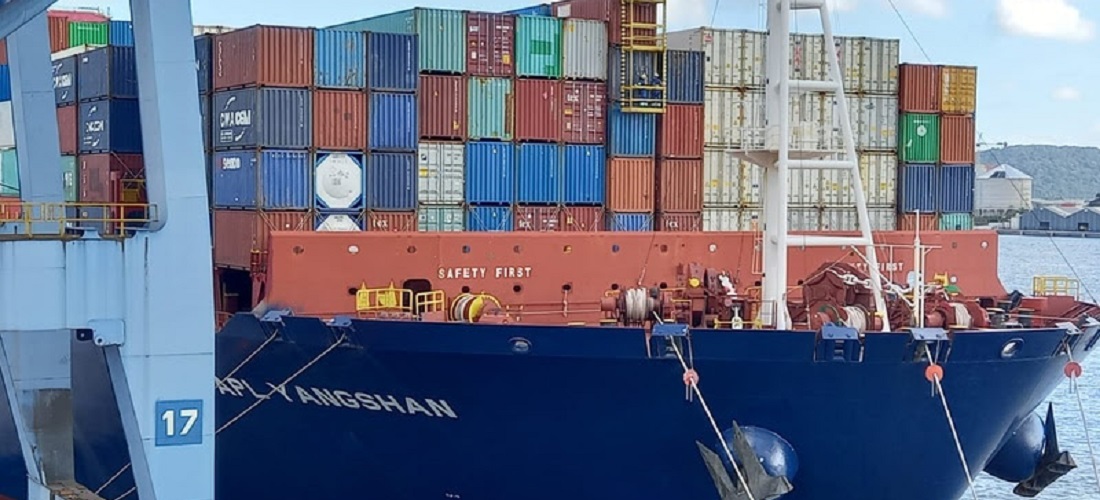
Logistic costs harm the profitability of brazilian exporters
Feb, 07, 2023 Posted by Lillian SmoakWeek 202307
With the increase in logistical costs such as freight and container rental for export, the earnings of Brazilian exporters were practically stagnant in a decade, even with the strong devaluation of the real during this period. In practice, the entrepreneur saw the loss of currency value – a recurrent charge of the industry – being eroded by the increase in external and internal costs.
According to data from the Center for Foreign Trade Studies Foundation (Funcex), in the comparison between what was accumulated from January to November 2022 and the same period in 2012, the profitability of exports grew by only 7.3%. In the case of currency, each dollar cost, on average, R$ 1.95 a decade ago and, in 2022, it was R$ 5.15.
“After the onset of covid, there was an upward trend in the prices of products that Brazil exports and a depreciation of the real, but the cost eroded all the gains from these two variables”, says Daiane Santos, economist at Funcex and author of the survey.
The covid-19 pandemic has disrupted international trade, disrupting global supply chains. The result was an increase in the costs of doing business between countries, with higher input and commodity prices. Shipping and container rentals are also part of this package.
According to the Ministry of Development, Industry, Commerce and Services (MDIC), last year 90% of all Brazilian imports were made up of inputs, intermediate goods and capital goods. In the most recent survey by the National Confederation of Industry (CNI), released in December, the participation of imported inputs reached 24.3% of the total used by the industry. In 2019, it corresponded to 22.7%.
Sectors
In non-industrial sectors, such as agriculture, for example – where there is less dependence on imported inputs – there was a 26% gain in profitability from 2012 to 2022, points out the study. In the extractive industry, a drop of 10% was registered. In processing, the high was 6%.
“In the food, paper and cellulose sector, the exchange rate devaluation even helps, but this is not true for part of the industry that depends on a lot of imported input”, says Renato da Fonseca, superintendent of industrial development at CNI.
José Augusto de Castro, president of the Brazilian Foreign Trade Association (AEB), points out that the deficit in the Brazilian trade balance for manufactured goods has been growing continuously. “Last year we hit a record: a $128 billion deficit,” he says.
In the machinery and equipment field, the increase in costs in the last two years mitigated the improvement in export numbers – Funcex data show a stagnant profitability in the last decade. Inflation in the sector was 17.6% last year and 25% in 2021.
“The exchange rate devaluation did not follow”, says José Velloso, president of the Brazilian Machinery and Equipment Industry Association (Abimaq). “Any cost increase, with freight and containers, cannot be passed on”.
Source: The Tribune
To read the original report, visit: https://www.atribuna.com.br/noticias/portomar/custos-logisticos-prejudicam-rentabilidade-de-exportadores-brasileiros
-
Aug, 03, 2022
0
Cotton: Brazil exports reach 19,682K tonnes in July
-
Grains
Nov, 13, 2019
0
Soy moratorium is “absurd” but a private sector issue, says minister
-
Ports and Terminals
Nov, 27, 2023
0
Port of Natal: throughput drops 20.59% in 2023, says Antaq
-
Ores
May, 09, 2019
0
Swiftnes brings 30,000 tons of petcoke


